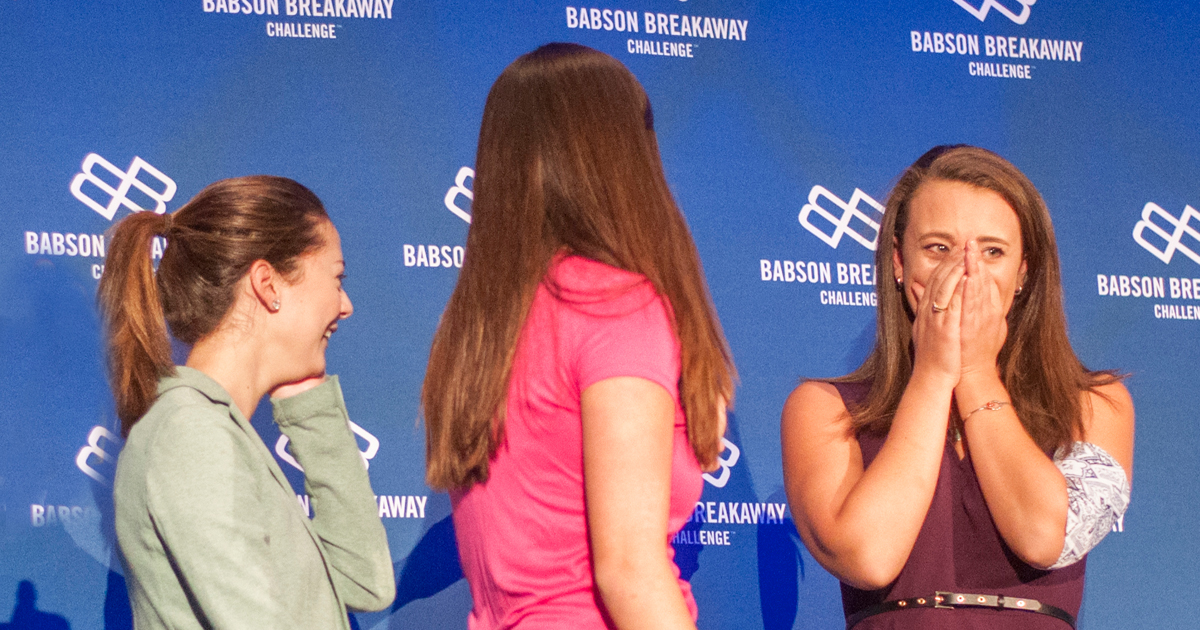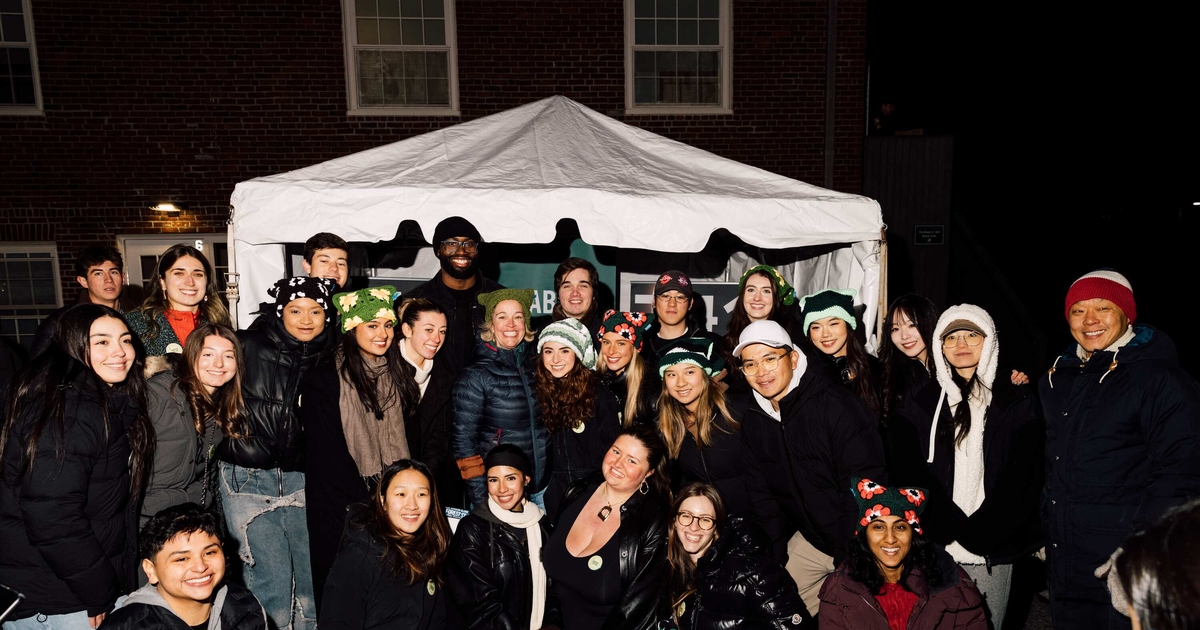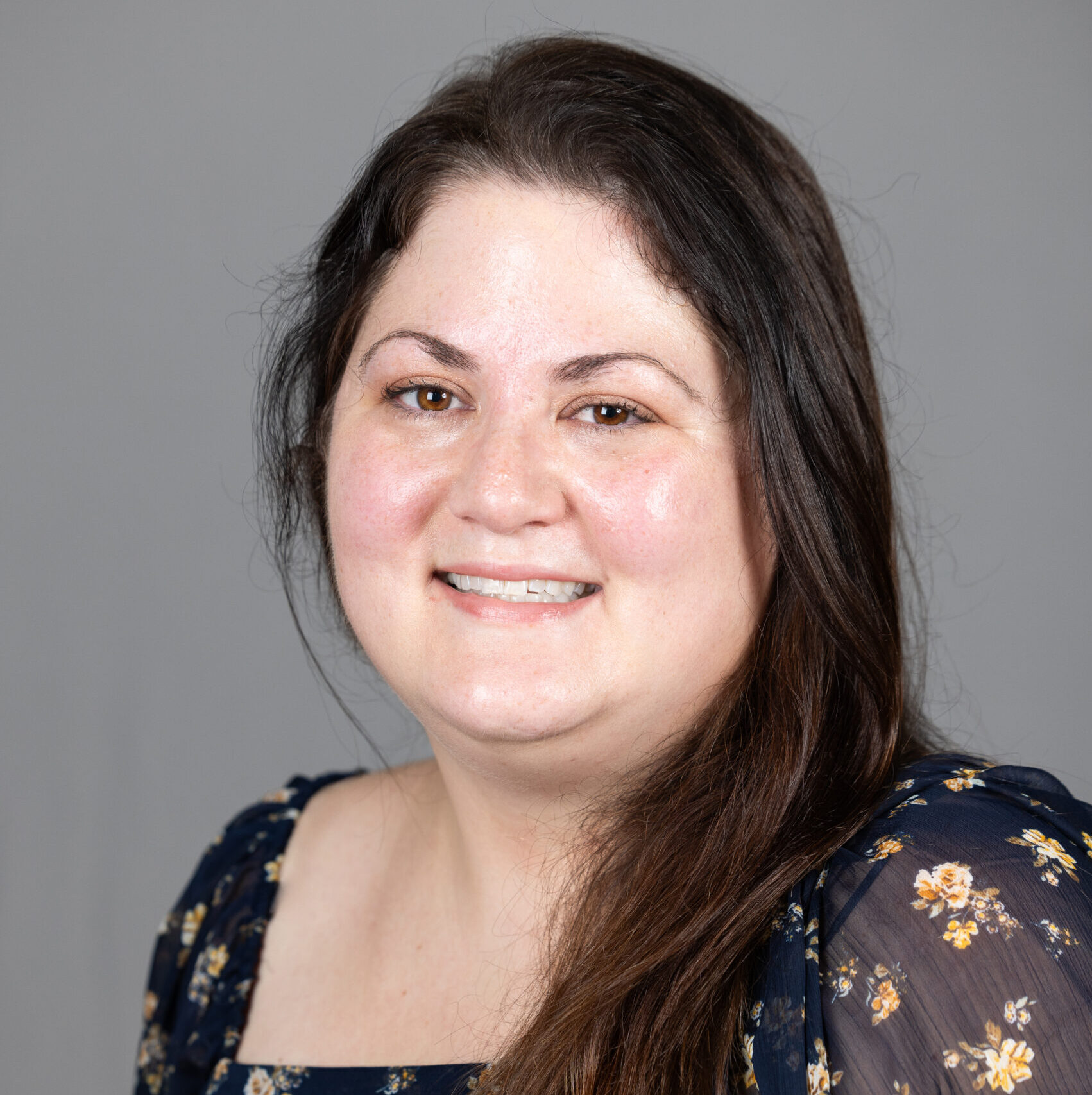5 Creative Ways Female Founders Fund Their Startups

The gender gap in startup financing isn’t new. Women entrepreneurs receiving a steadily small percentage of angel and venture capital dollars was first reported by Babson’s Diana Project in 1999. The numbers remain stagnant.
Despite this, female founders remain determined to find creative ways to develop diverse funding portfolios, allowing them to launch, build, and scale their startups without traditional angel and venture capital dollars.
Here are five ways women CEOs are funding their startups.
Equity Crowdfunding
You’ve heard of crowdfunding. What about equity crowdfunding?
Shiva Kashalkar MBA’11, founder of Green Piñata Toys, pitched to angel investors to fund her toy rental service but wasn’t seeing traction. Determined to keep her business moving forward, Kashalkar signed up for equity crowdfunding, which allows individual contributors to invest in exchange for small pieces of equity.
Kashalkar pitched Green Piñata Toys on Season 1 of “Meet the Drapers” and received over $30k through equity crowdfunding site Republic. The best part? According to Kashalkar, the due diligence done to get her on Republic made her much more attractive to angel investors. Soon after, she secured a seed round, and, in July 2019, was able to successfully exit through the sale of her company.
Pitch Competitions
Co-founders of Mighty Well, Emily Levy ’16 and Maria del Mar Gomez ’16, built and launched a medical accessory company right from their Babson dorm room. While bootstrapping the business allowed them to launch, building an entire product line of wellness accessories would take capital they didn’t have.
The two undergraduates hit the road and swept pitch competition after pitch competition, winning 17 in total and generating $90,000 in cash that supported research and development of new products. As that money kept them afloat, the company went on to generate hundreds of thousands of dollars through nonequity grants, equity and nonequity crowdfunding, convertible notes, and individual investments.
Accelerators
Maxeme Tuchman, founder of the “Kindle meets FaceTime” interactive technology startup Caribu, was no stranger to building a diverse funding portfolio. While she, too, swept many major pitch competitions to fund the beginning stages of the company, Tuchman also set her sights on competitive accelerators that provided funding as a part of its offerings.
In 2018, The WIN Lab alumna was accepted into the highly selective AT&T Aspire program, where she joined seven other startups and was given a $100,000 investment to continue funding her business. Tuchman has used her creative funding methods to keep the company afloat until her recent raise of $1.3M. She is now the 59th Latina to raise over $1M in funding and recently launched an equity crowdfunding campaign.
Purchase Order Financing
Another WIN Lab alumna, Teresa Maynard, founded Sweet Teez Bakery in 2016 after feeling dissatisfied with a lack of nut-free offerings available to her and her family. She immediately saw more demand than she could keep up with, but lacked the funds to hire new staff and ramp up production in order to scale.
Unlikely to be a fit for traditional angel investors based on the size of her business, Maynard shifted her strategy to P.O. financing. Enter: Whole Foods. Impressed with Teresa’s mini pie offerings, Whole Foods put in a purchase order of 48,000 mini pies. With that kind of asset in hand, Maynard secured meetings with Dorchester Bay and Boston Impact Initiative, pitched on short notice, and landed the $80,000 she needed to ramp up production and fulfill the order.
Strategic Partnerships
Marisa MacClary MBA’99 launched Artifact Health Inc. to build out a cloud-based technology platform that would help streamline an important component of medical coding and billing. For her and her co-founder, Meir Gottlieb, angel and venture capital dollars never felt like the right fit because of the scaling pressure and potential distraction that could come with them.
Instead MacClary and Gottlieb looked to a prestigious medical institution, Johns Hopkins Medicine, to come on as a strategic partner. In this role, Johns Hopkins provided them with an opportunity to pilot the platform in a complex clinical environment and work with leadership, clinicians, and coding staff to continue to innovate on the product. While MacClary admits that taking on traditional investment funds may have allowed them to scale more quickly, she still believes the partnership was the right decision. Johns Hopkins quickly converted to a paying customer while giving Artifact Health vital in-kind support and providing a highly credible success story as they sell the technology into hospitals across the country.
Featured photo: The Mighty Well team wins the Babson Breakaway Challenge.
Posted in Entrepreneurial Leadership





